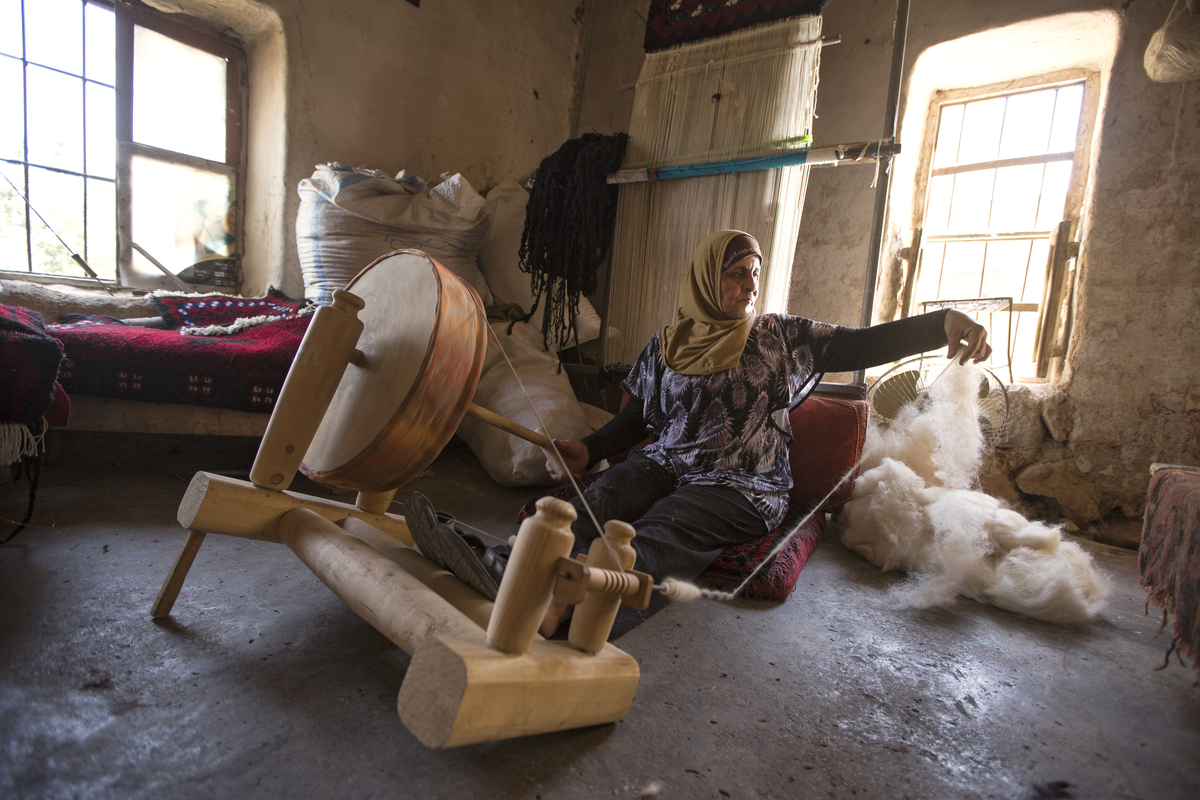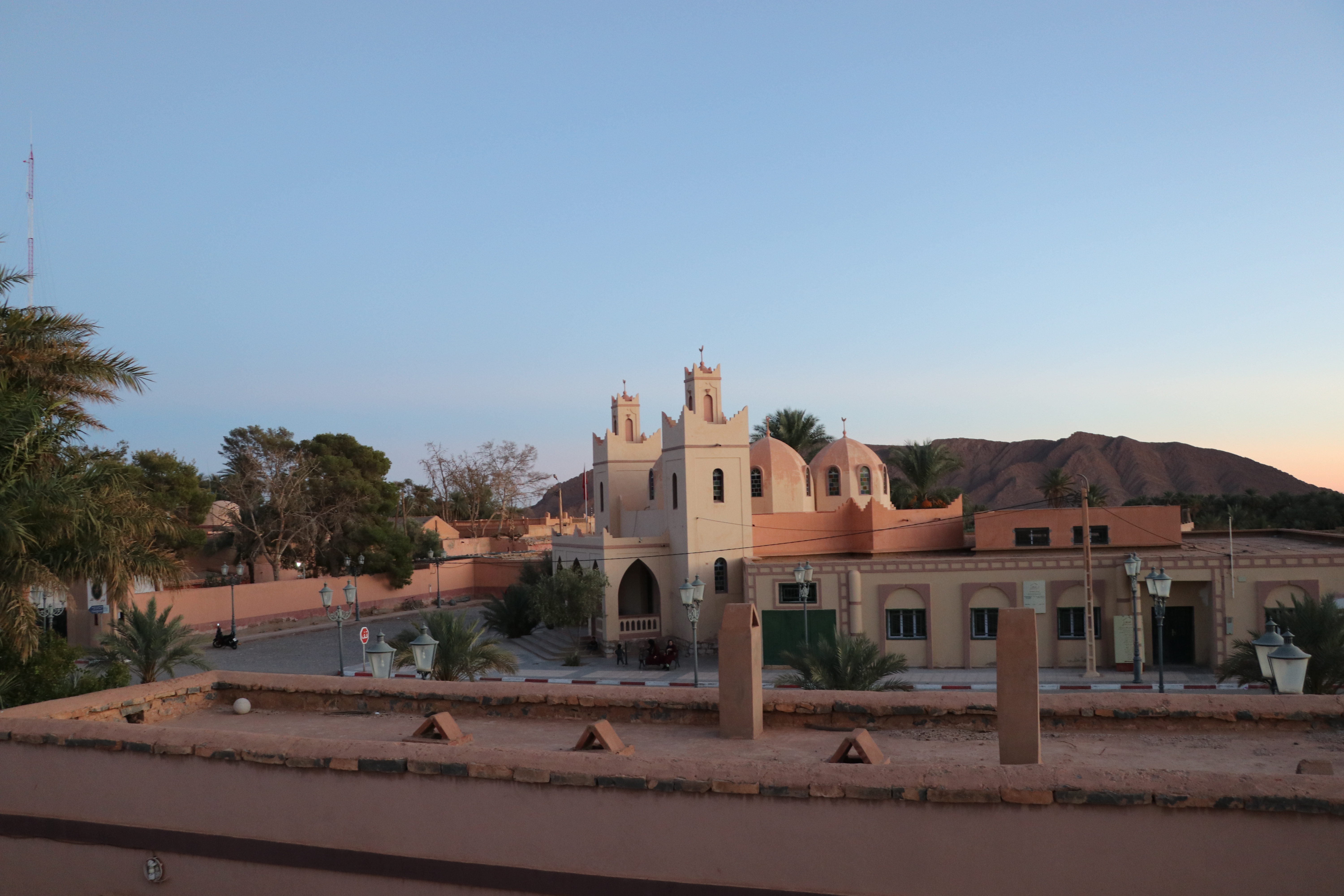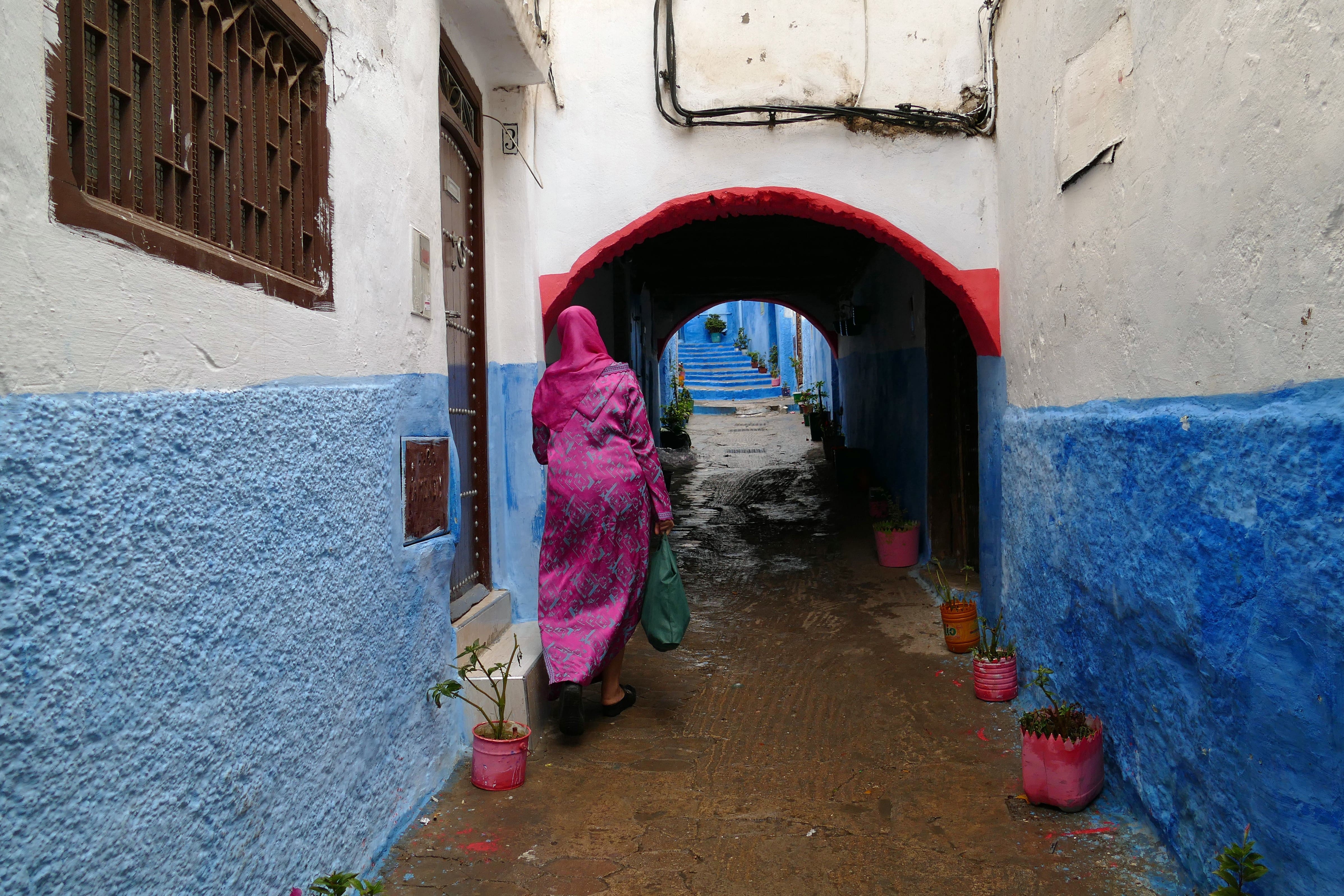By Diane Platel, Gender Equality team, Cities Alliance*
Women in the Middle East and North Africa (MENA) region have long played a pivotal role in preserving cultural heritage, safeguarding traditions, and transmitting tangible and intangible practices across generations. Despite their vital contributions, the heritage sector remains unequal, with women’s roles undervalued and marginalised.
To better understand women’s perspectives, Cities Alliance interviewed women in Jordan and Lebanon working in the heritage sector: Aisha, a guide for a Jordanian World Heritage site; Amal, a researcher in Beirut; Noor, a heritage expert in Amman; and Dalia and Amani, restaurant owners in Madaba, Jordan. Their insights highlight women's contributions to intangible cultural heritage, empowering communities and fostering economic growth.
Gender inequalities in cultural leadership
Women are often seen as cultural guardians, yet their roles in heritage are undervalued. They are clustered in low-paying or part-time jobs, with fewer leadership opportunities. The gender norms and restrictions that limit women’s options for career development in the heritage sector are ingrained in girls from a young age.
I thought the only possibility for women to work on an heritage site was to prepare meals for the men and international students doing the excavation.
Aisha, tour guide at a Jordanian heritage site

While women make up a majority of students in cultural fields – over 70 per cent of students in Arts and Humanities in Jordan, this hardly translates into career advancement as the trend tends to quickly reverse in the early stage of careers. 'In 2023, the Jordanian department of antiquities wanted to hire the top students for a heritage project, they were all women!' said Noor, a heritage expert.
But men still dominate senior roles, and societal expectations hinder women’s progress, as explained Amal, Lebanese researcher and heritage practitioner. 'There are more women in classes on heritage and culture than men, but they are quickly overloaded by family duties. The challenge is to be accepted as competent and access higher positions despite the society's resistance', she said.
Even in craft making, where many artefacts are traditionally made by women, men control the value chain:
Men are only advertising and selling what we do.
Dalia and Amani, restaurant owners, Madaba, Jordan
Expectations of their roles as caregivers impede women’s full participation in the field. For instance, women only represent 5 per cent of guides in Jordan. The job’s demanding hours and schedule are often perceived as incompatible with the gendered expectations of women’s roles. Persistent cultural norms demand that women obtain family or spousal approval to pursue certain careers, even when it is not legally required.
Yet, all of the women interviewed observed that there is a tenuous but steady shift. Women are holding new positions and at higher hierarchical echelons, breaking the glass ceiling of gender norms in the field. Since the 1990s, the proportion of women working in Jordan – especially in the heritage sector – is constantly progressing, even if women still only represent 14 per cent of the national workforce. 'Things are changing now; women are more involved. 20 years ago, that was not the case, said Amal, Lebanese researcher and heritage practitioner.
Now we see some women in management, not many still, but some. Ten years ago, it was impossible.
Noor, heritage expert, Amman, Jordan
Redefining the heritage sector
The growing participation of women in heritage is closely linked to the evolving definition of the sector, which increasingly values traditional and intangible practices often associated with gendered roles, such as cooking and weaving. These everyday customs, once dismissed as mundane, are now recognised as vital elements of cultural heritage. "We often don’t see the interest for tourists, because it is our everyday, but it is what makes the culture. Cooking and weaving can bring work to our home", said Aisha.
Working from home may constitute a first step towards economic independence by creating paid opportunities for women from traditionally unpaid care work or undervalued craft making, all while balancing professional and caregiving responsibilities. For instance, a community group of Circassian women established in Jordan have turned traditional recipes into a catering service. 'Their cuisine connects the community to their roots, but also create links between people' said Noor.
With these kinds of initiatives, women actively preserve their heritage but also build bridges between communities and create economic opportunities.
Fostering inclusion with digital technologies
The sector’s diversification has made it accessible to broader demographics and profiles. Digital storytelling and new technologies further enable women to connect with their heritage and provide new opportunities for self-expression. By sharing their own narratives, women can shed new light on local traditions, their crafts, or their own story.
The growing number of women entering the heritage field helps break down gender stereotypes and further empower women to enter roles traditionally dominated by men. These kinds of shifts enable communities to reclaim their heritage, transforming it into a dynamic, inclusive celebration of their legacy and history.

Building on the recent shift towards a more inclusive heritage sector, women shared their views on key priorities needed to break down barriers and promote gender equity:
Community-based initiatives that reframe heritage as a collective asset and away from tourism-centric views. Supporting local initiatives and connections to heritage can only foster pride and stewardship and ensure the long-term preservation of sites, traditions, and practices. 'We need to keep heritage for the next generations. And you want to protect something only when you care for it', said Aisha, heritage site guide in Jordan.
Institutional policies that support women’s participation through measures such as flexible work arrangements, equal pay, quotas for leadership roles, access to micro-funding, and addressing the gender gap in access to financial resources in marginalised communities. 'With a little push, for instance easier access to funding, women could start their own business', noted Dalia and Amani, restaurant owners in Madaba.
Capacity-building programmes, such as mentorship and training to bridge gender gaps in education and employment, can further enhance women’s economic empowerment and autonomy, making the sector more inclusive and accessible.
Supporting home-based initiatives rooted in traditional practices allows women to balance economic participation with caregiving, ensuring their invaluable contributions to cultural preservation are recognised and sustained.
Heritage, a tool for inclusive urban development
In cities throughout the MENA region, heritage preservation and conservation are often seen as secondary concerns, while they should be seen as powerful tools to address inclusive and sustainable urban development. The Cities Alliance pilot project HERitage: Women, Culture and Development in Madaba, Jordan, follows this approach by promoting women’s entrepreneurship in the intangible cultural heritage sector and, at the same time, inclusive cultural policies and practices in cities.
The MENA region stands at a crossroads. It has the opportunity to leverage women’s contributions to create a heritage sector that helps build a more inclusive and sustainable future. By prioritising gender-inclusive strategies and empowering women, cities can redefine heritage as a driver of economic sustainability and equity.
Heritage is not just about preserving the past, it’s about building narratives for the future.
Aisha, tour guide in Jordan

The MENA region stands at a crossroads. It has the opportunity to leverage women’s contributions to create a heritage sector that helps build a more inclusive and sustainable future. By prioritising gender-inclusive strategies and empowering women, cities can redefine heritage as a driver of economic sustainability and equity.
Heritage is not just about preserving the past, it’s about building narratives for the future.
Aisha, Guide for a Jordanian Heritage Site
Disclaimer: The views expressed in this publication are those of the author and do not necessarily reflect the corporate policies or viewpoints of Cities Alliance, its members, or UNOPS.




